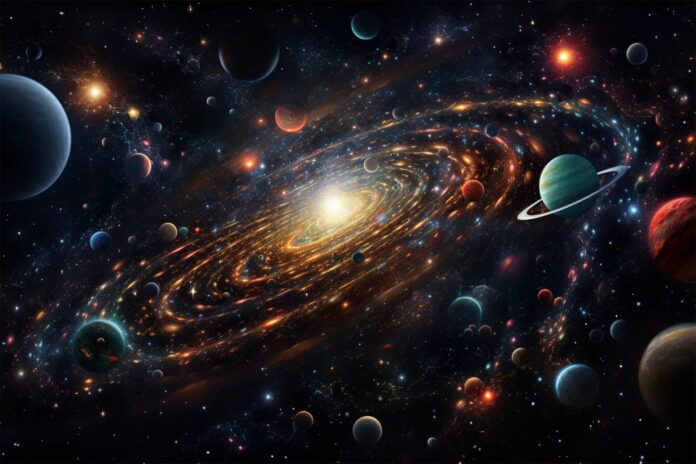The question of why the universe was once confined to a small, incredibly dense space is a central topic in cosmology, the branch of astronomy that studies the origin and development of the universe. This concept, rooted in the Big Bang theory, raises profound questions about the nature of existence and the laws governing the cosmos.
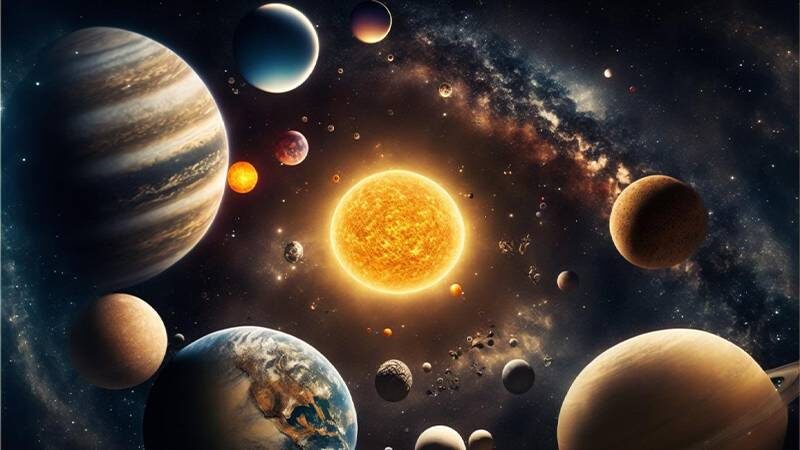
The Big Bang Theory: An Overview
The Big Bang theory posits that approximately 13.8 billion years ago, the universe began as a singularity—a point of infinite density and temperature. From this singularity, the universe expanded and has continued to do so ever since. The theory is supported by several key pieces of evidence:
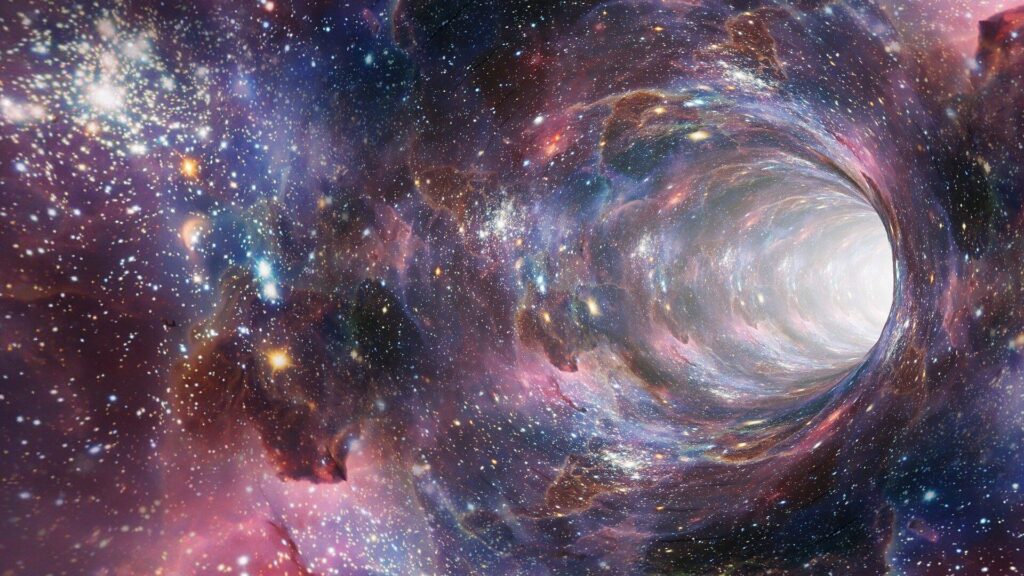
- Cosmic Microwave Background (CMB): The CMB is the afterglow of the Big Bang, a faint radiation that fills the universe. Discovered in 1965 by Arno Penzias and Robert Wilson, it provides a snapshot of the early universe, showing it was once in a hot, dense state.
- Redshift of Galaxies: Observations by Edwin Hubble in the 1920s showed that galaxies are moving away from us, with their light redshifted. This implies that the universe is expanding, suggesting it was once much smaller.
- Abundance of Light Elements: The proportions of hydrogen, helium, and other light elements in the universe match predictions from the Big Bang nucleosynthesis, supporting the theory’s timeline and conditions.
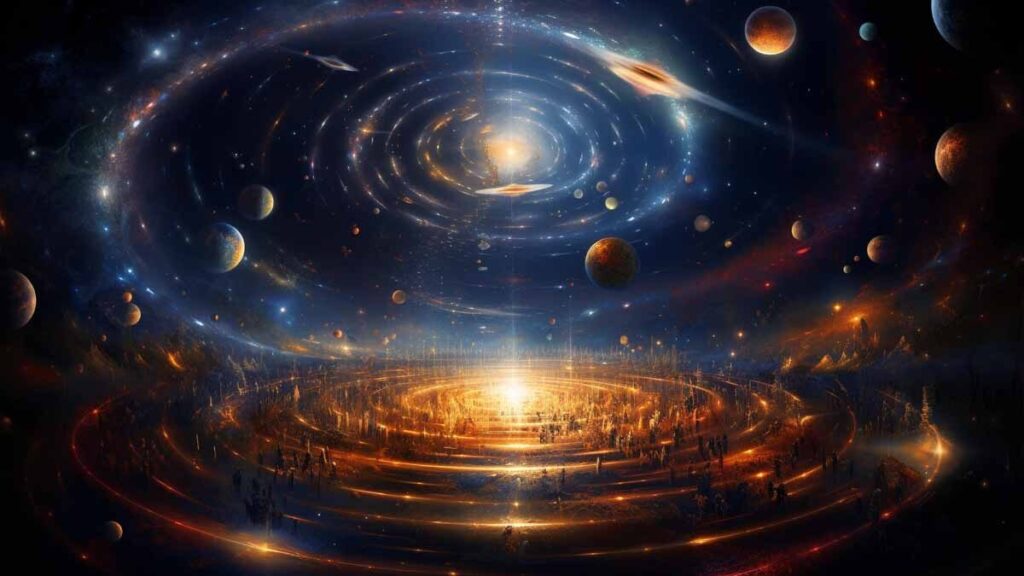
Why Was the Universe Confined to a Small Space?
The concept of the universe being initially confined to a small space stems from the extrapolation of its current expansion backward in time. As we trace this expansion back, we reach a point where the density and temperature become extremely high, leading to the singularity. This raises questions about why and how such a state existed.
- Quantum Fluctuations: Some theories suggest that the singularity arose from quantum fluctuations in a vacuum, a state governed by the principles of quantum mechanics.
- Inflationary Theory: Proposed by Alan Guth in the 1980s, inflation theory posits that a rapid expansion of space occurred a fraction of a second after the Big Bang, smoothing out the universe and explaining its large-scale structure.
Is This Theory True?
The Big Bang theory is widely accepted in the scientific community due to its robust supporting evidence. However, like all scientific theories, it is subject to testing and refinement as new data becomes available. Some areas of active research and debate include:
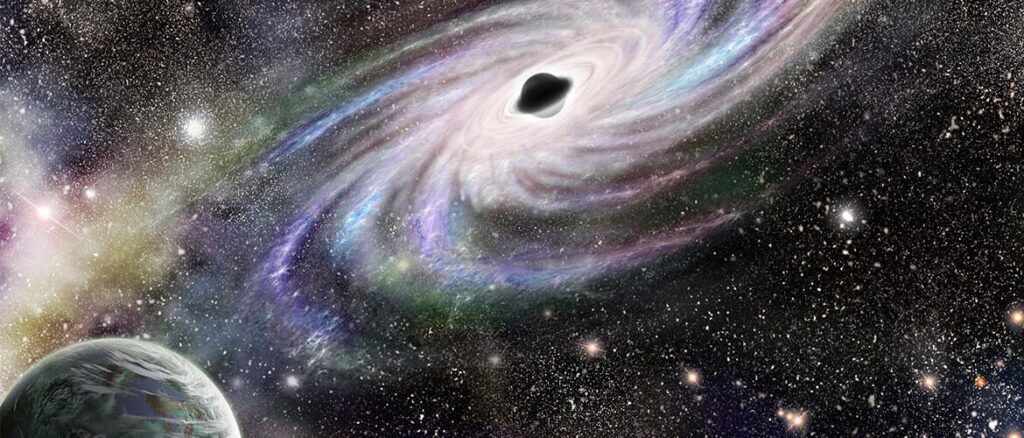
- Nature of the Singularity: The singularity’s nature and the exact conditions at the universe’s inception remain speculative. Theories like loop quantum gravity and string theory attempt to describe these conditions more precisely.
- Multiverse Hypothesis: Some cosmologists propose that our universe might be one of many in a multiverse, each with its own distinct physical laws and constants.
- Dark Matter and Dark Energy: Understanding the roles of dark matter and dark energy, which comprise most of the universe’s mass-energy content, is crucial for a complete picture of the cosmos’s evolution.
In conclusion, the idea that the universe was once confined to a small, dense space is a cornerstone of modern cosmology, supported by substantial evidence. While the Big Bang theory provides a compelling explanation for the universe’s origins, ongoing research continues to refine our understanding and address the remaining mysteries. As we probe deeper into the nature of the cosmos, our grasp of these profound questions will undoubtedly evolve, offering new insights into the origins and fate of our universe.

